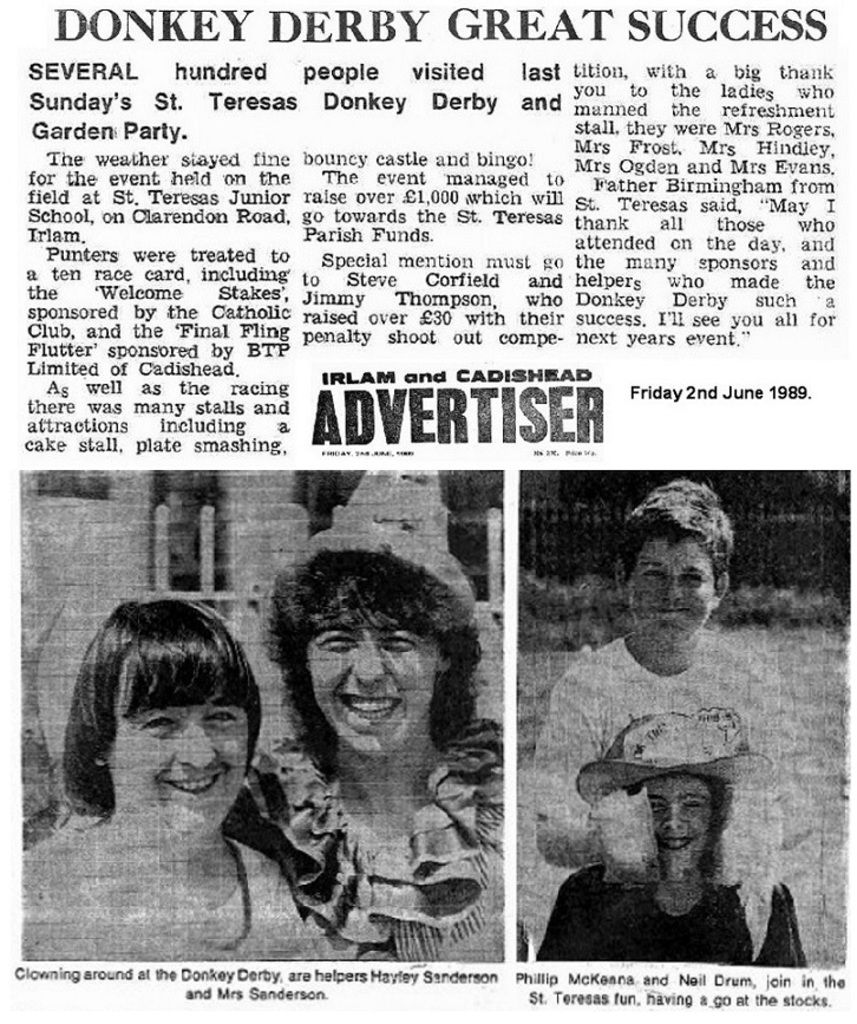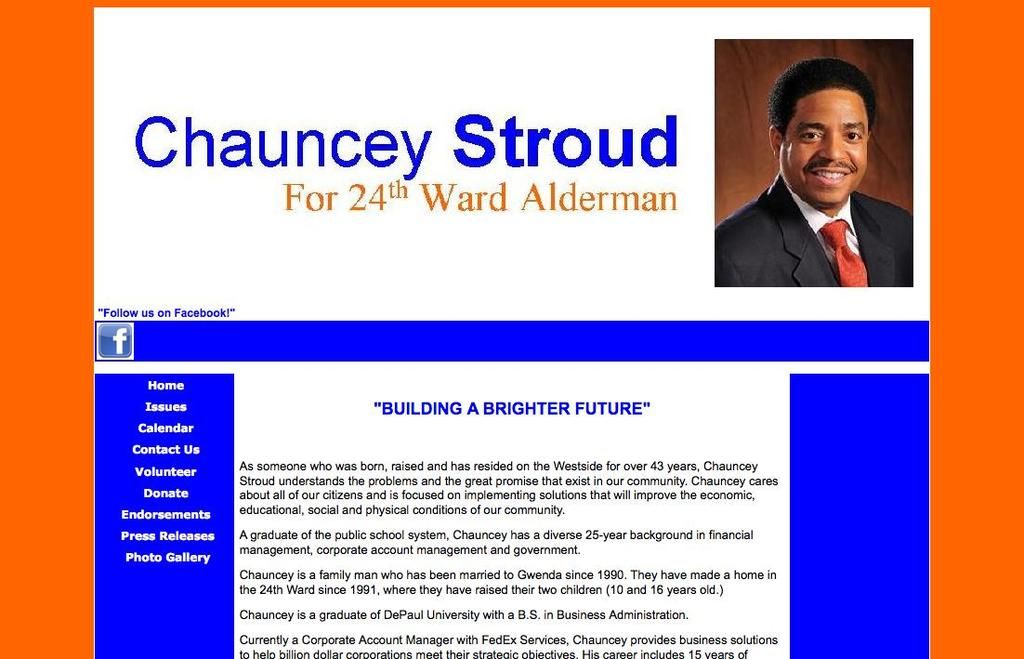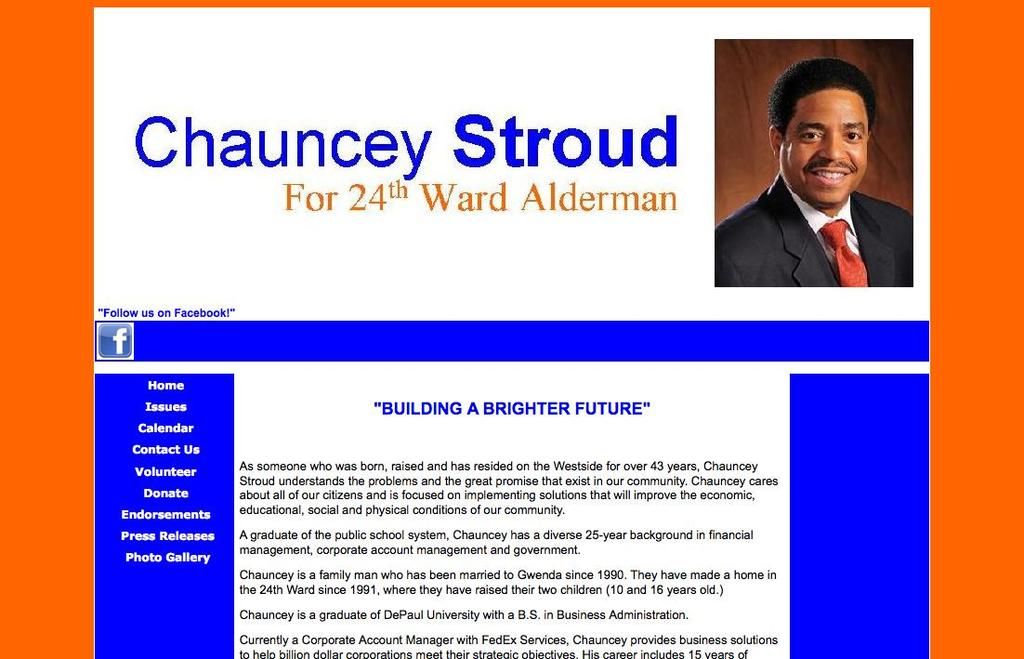Differences Between Warrantable and Non-Warrantable Condos: Explained Simply
Buying a condo? Knowing whether it's warrantable or non-warrantable could make or break your mortgage approval and overall investment. Lenders view these two classifications differently, affecting interest rates, loan terms, and refinancing possibilities. Here's a lowdown on the key differences between warrantable and non-warrantable condos.
Mortgage Approval and Loan Eligibility
Lenders greenlight mortgages more swiftly for warrantable condos thanks to their alignment with Fannie Mae, Freddie Mac, and FHA rules. These condos boast stable HOAs, fiscal reserves, and a solid percentage of owner-occupied units. Buyers save on down payments, snag competitive interest rates, and can opt for conventional loans. Non-warrantable condos face mortgage denial due to factors like excess investor-owned units, legal disputes, or inadequate reserves. Buyers may face pricier interest rates, stricter loan conditions, and limited financing alternatives, often requiring jumbo or portfolio loans. Nailing the right warrantable vs. non-warrantable condo can make a world of difference in your financing options and long-term affordability.
Ownership Structure and Investment Risks
More owner-occupied units equals a warrantable condo, which lowers investment risks and boosts community stability. Lenders prefer at least half of units serving as primary residences. Non-warrantable condos attract investors due to their flexibile rules on short-term rentals, mixed-use developments, or high commercial space occupancy, increasing risk. This can take a toll on resale value and financing accessibility. Property investors and developers seeking wiggle room might opt for non-warrantable condos, but buyers should weigh resale hurdles, future lending restraints, and market volatility before deciding.
Property Restrictions and Lending Requirements
Lenders impose stringent regulations on warrantable condos to secure financial security and adhere to regulations. The property must steer clear of pending litigation, excessive short-term rentals, and single entities owning more than 10% of units. Avoiding unstable financial structures helps maintain property value over the long haul. Non-warrantable condos often bear legal disputes, low financial reserves, or high investor ownership, making traditional mortgage approval a tough nut to crack. Buyers may rely on alternative financing, private lenders, or plain cash. Developers believing in warrantable status had best align with lender requirements to boost market demand and financing opportunities.
Financial Stability and Reserve Fund Rules
Robust reserve funds keep warrantable condos financially sound, safeguarding them against unforeseen maintenance or repair costs. Lenders need at least 10% of the yearly budget allocated to reserves for long-term sustainability. Non-warrantable condos may have inadequate reserves, leading to financial instability, expensive special assessments, or deferred maintenance risks. Without sufficient funding, property values can take a dive, impacting investment returns and resale potential. Carefully study financial statements, budget allocations, and reserve fund contributions before putting pen to paper. A healthy financial structure guarantees a solid foundation for homeownership and favorable loan terms.
Expert Guidance and Careful Evaluations
Hidden defects and shoddy construction hurt financing and property value. Our Condo Defect Assessment roots out structural flaws, water intrusion dangers, and compliance breaches, protecting buyers and developers from prohibitive repairs. Quality assessments meet industry standards, improving mortgage eligibility and ensuring long-term stability. Quality supervision suppresses construction errors, minimizing delays and financial hiccups. Our Construction Oversight Services enforce regulatory compliance, spot contractor oversights, and keep integrity intact. We offer expert assessments across numerous states, helping clients score winning investments and sidestep structural liabilities. Reach out for expert advice and comprehensive evaluations!
[1] Enrichment Data: Overall: Grasping the nuances between warrantable and non-warrantable condos is imperative for prospective buyers and investors. Key differences in loan eligibility, ownership structure, property restrictions, and financial stability are detailed as follows:
Loan Eligibility
- Warrantable Condos: Lenders consider these condos in compliance with regulations set by government-backed entities like Fannie Mae, Freddie Mac, and FHA. Eligible for conventional loans and government-backed loans, offering more favorable terms and lower down payments. To qualify, properties need a certain percentage of owner-occupied units, adequate insurance coverage, and a stable homeowners' association (HOA).
- Non-Warrantable Condos: Non-compliant with GSE or government agency guidelines. These condos may have higher percentages of rental units, inadequate insurance coverage, or other issues, making them ineligible for conventional financing. Non-QM loans or private financing options might be feasible, but they often carry higher interest rates and stricter terms.
Ownership Structure
- Both Warrantable and Non-Warrantable Condos: Individual ownership remains similar, with the owner holding sole title to their unit and shared ownership of common areas. However, HOA management and governance can impact warrantability, especially with a high percentage of non-owner-occupied units.
Property Restrictions
- Warrantable Condos: These condos are subject to GSE guidelines, including HOA regulations, owner-occupancy rates, and insurance coverage requirements. For example, Fannie Mae demands at least 50% owner-occupied units.
- Non-Warrantable Condos: Often less restricted by GSE rules, but they can still face local zoning or HOA rules. The absence of GSE oversight sometimes results in more flexible ownership structures yet increases financial stability risks.
Financial Stability
- Warrantable Condos: Typically financially stable due to stringent GSE guidelines, ensuring proper HOA funding and adequate insurance coverage. This stability attracts lenders and buyers.
- Non-Warrantable Condos: Can face financial challenges due to the lack of GSE oversight, resulting in higher rental percentages or inadequate HOA funding. However, well-managed non-warrantable condos can still be financially sound.
- A warrantable condo, favored by lenders due to adherence to Fannie Mae, Freddie Mac, and FHA rules, presents favorable financing options, such as lower down payments and competitive interest rates, with its stable HOA, financial reserves, and high owner-occupancy.
- Non-warrantable condos, on the other hand, are often ineligible for conventional financing due to factors like high investment-ownership and legal disputes, requiring alternative financing like jumbo or portfolio loans, which may come with pricier interest rates and stricter loan conditions.
- Attentive property investors and developers keen on a flexible ownership structure for short-term rentals, mixed-use developments, or high commercial space occupancy may opt for non-warrantable condos, but buyers should consider potential financial instability and its impact on resale value and future lending restrictions.





